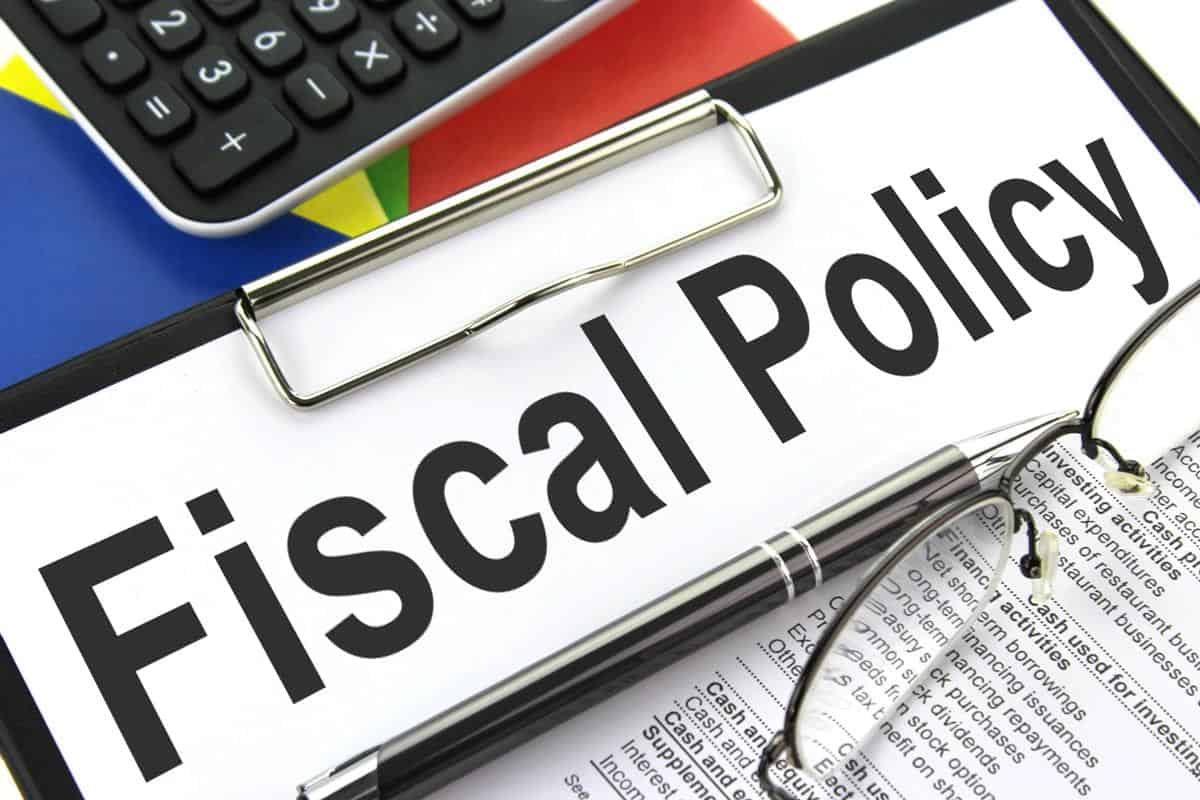The Ministry of Finance (MOF) has highlighted six key focal areas for Chinese fiscal policy in 2022 in its latest policy implementation report.
On 24 February MOF released its “2021 China Fiscal Policy Execution Report” (2021年中国财政政策执行情况报告), stating that in 2022 it would “actively unveil policies that are of benefit to economic stability,” and that “policy vigour will be appropriately forward leaning.”
MOF said that in 2022 China’s fiscal policy would focus on six key areas in particular:
- The implementation of more vigorous tax and fee reductions, to strengthen the vitality of market actors. These will focus in particular on micro, small and medium-sized enterprises; individual commercial and industrial registrants, and key industries such as manufacturing.
- Maintaining appropriate strength of expenditures, raising the targeted nature of expenditures. The report said that the fiscal deficit will be kept at a rational level, while there is still room to expand the scope of fiscal expenditures. “We will vigorously optimise the expenditures structure, and provide focused support to science and technology breakthroughs, environmental protection, basic living standards, key regional strategies, modern agriculture and major projects for the 14th Five Year Plan,” said the report.
- Rationally make arrangements for local government special bonds, support the development of key projects. The report said that the local government special bond scope will be determined in accordance with the principle that the overall government leverage ratio be kept fundamentally stable. MOF also highlighted “optimisation” of bond usage, with focused support for ongoing financing of projects that are currently in development.
- Expanding transfer payments from the central government to local government. The report said that there will be a comparatively large-scale increase in transfer payments from the central government to local governments, and in particular the scale of normal transfer payments. These will focus in particular in underdeveloped and “challenged” regions. MOF will also drive improvements to the fiscal system of administrative units below the province level.
- Supporting the party and government “in passing through tight times.” The report said that there will be “economisation in the handling of all matters.” “We will continue to cut down on non-critical, inessential expenditures, strictly control normal expenditures, and strive to reduce the cost of administrative operations. The central government fiscal authority will take the lead, and local fiscal authorities will follow strictly and closely.”
- Strict fiscal discipline, rectification of the fiscal order. The report said that there will be “continual reverence for fiscal discipline,” as well as “strict implementation of all fiscal laws and regulatory systems.” “Everything will be handled in accordance with systems and regulations, and we will firmly uphold the strictness of systems.”




